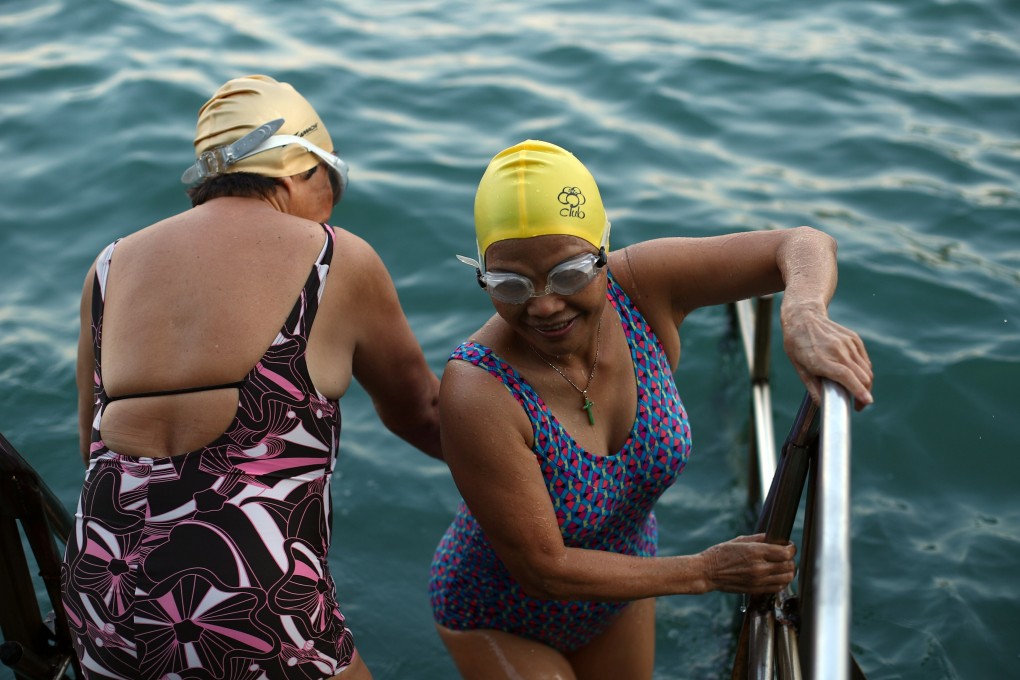Coronavirus: Shenzhen manufacturer of Nike, Speedo, Reebok swimsuits partially shuts as clouds gather over China exports
- Fuhua Clothing Factory is partially shutting operations at its Shenzhen factory, which supplied global brands including Adidas, Speedo, Nike and Reebok
- Closure comes as large parts of China’s formidable exporting machine stutter due to the impact of the coronavirus on international demand

The world’s “largest maker of swimming suits” is partially closing its Shenzhen factory after operating in the boomtown for the past three decades, threatening some of its 2,000 jobs, the factory’s owner and workers said on Monday, in a fresh sign of worsening global conditions for Chinese manufacturers and exporters.
He declined to elaborate how many staff would be affected, but said “the coronavirus pandemic has been causing problems to the global economy, affecting new orders.”
Video clips posted to Chinese social media – including Douyin, the Chinese version of TikTok – by employees at the weekend said the whole manufacturing operation could be closed and its 2,000-strong workforce laid off. A worker who answered the phone at the factory on Monday said it was “ceasing operation”.

05:02
Coronavirus backlash further fraying China’s ties to global economy
A black police bus guarded the front gate to the premises in Xiacun village on Monday and a woman sitting on a motorcycle on the side of the road said it was there “in case workers make trouble”.